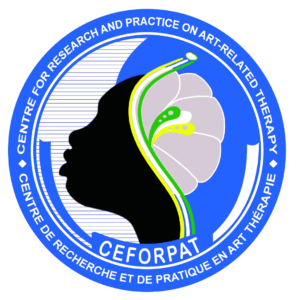From the Sarcophagus Revolution to The Politics of Crisis of Identity, It Brunt on The Health Sector in Anglophone Cameroon from 2016 to 2020. Get the full PDF
Christian Nwufor Fuh ………………………………………………………………..180-197
Political Crisis has been recognized in contemporary history as a
substantial barrier to healthcare and health infrastructures in the World.
Existing literature pays little attention to the analysis of the impact of the
ongoing armed conflict on healthcare and health infrastructures in the
Anglophone Regions of Cameroon. This paper aims to show the weight of
the armed, conflict on healthcare and health infrastructures. The
methodology adopted was based on exposed facto and survey design with
sources ranging from newspapers, articles in journals and textbooks to
reports. The evidence shows that patients are stranded as a result of road
blockages obstructing those heading for medical care. It was aggravated
by constant “Kontri Sunday” (ghost town) imposed by the Ambazonian
interim government which paralyzed the movement of various Vaccines
like Measles and Rubella, Oral Polio Vaccine, and Pneumococcal
Conjugate Vaccine as well as health workers. Healthcare personnel
recruited to work on the Progrommes, escape in search of sanctuary. It
made inhabitants especially infants, in these regions susceptible to Polio,
Measles and Rubella diseases. Even the herbal centres, herbalists and
soothsayers who used herbs and the back of trees known in Pidgin
English as “kandastick” to cure patients found it difficult to function in
the Northwest and Southwest Regions due to insecurity. This affected the
transportation of traditional medicine and therefore, people found
themselves unable to find traditional healthcare. The paper concludes
that the crisis has caused a brunt on healthcare and health
infrastructure thereby creating a none-bullet war in the Anglophone
Regions. If the worrying factions do not seek permanent peace the
Regions will record more deaths from diseases than bullets.
Keywords: Sarcophagus Revolution, Crisis of Identity, Healthcare, Health Infrastructures, Anglophone Cameroon
